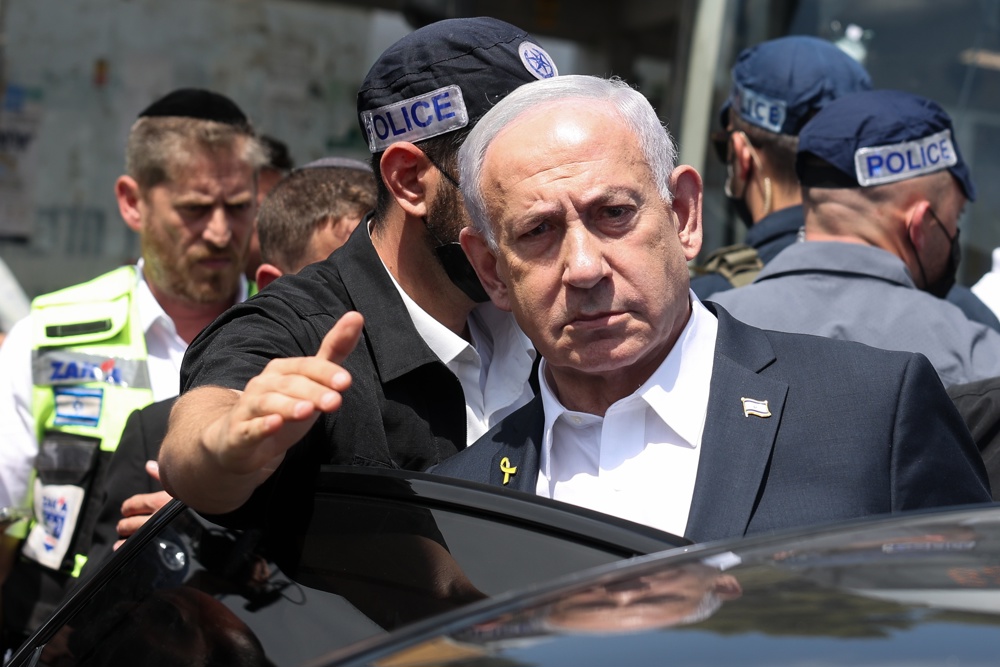France and Global Recognition of Palestine Amid Ongoing Conflict
As the world turns its gaze towards the United Nations General Assembly in New York, significant diplomatic moves are unfolding. France, along with several other nations, is poised to officially recognize Palestine on Monday, September 22. This comes in the wake of formal recognitions from countries such as Canada, the UK, and Australia, all of which have taken similar steps recently. With Israeli Prime Minister Benjamin Netanyahu attending the assembly, the tension surrounding the Israeli-Palestinian conflict is set to be at the forefront of discussions.
Netanyahu’s Stance
Prime Minister Netanyahu has reacted strongly to this wave of recognition. In a statement made on September 21, he declared, “There will be no Palestinian state,” signaling a hardline stance against any attempts to legitimize Palestinian sovereignty. He expressed his commitment to responding to these international moves upon his return from the United States, indicating a readiness to confront what he views as threats to Israel’s territorial integrity. Netanyahu’s remarks were particularly pointed, as he accused the nations supporting Palestine of “rewarding terror” in the wake of the October 7 attacks, where Hamas was responsible for over 1,200 Israeli deaths.
Escalating Violence and International Responses
The backdrop of these diplomatic developments is a tragic and ongoing conflict. In nearly two years of hostilities, more than 65,000 individuals have died in the Gaza Strip, according to local authorities. Israeli military operations have intensified, with troops advancing into Gaza and an increase in settlements within the West Bank. These actions have raised alarms about the feasibility of a two-state solution, which has long been regarded as the framework for resolving the Israeli-Palestinian conflict.
Settlements and Military Presence in the West Bank
Netanyahu’s administration has not only resisted calls for Palestinian statehood but has also advocated for the expansion of Israeli settlements in the West Bank, a territory referred to as “Judea and Samaria” in biblical terms. His government has articulated a vision of continued settlement growth, appealing to conservative and religious groups within Israel that support such policies. This expansion is seen by many as a direct challenge to the prospect of future peace and stability in the region.
The International Community’s Reaction
The responses from the international community have been mixed, reflecting deep divisions in global perspectives on the conflict. While G7 countries have emphasized the need for an independent Palestinian state, Netanyahu’s aggressive defense of Israeli claims contrasts sharply with the rising recognition of Palestine. This divergence underscores a significant rift between Israeli government positions and the growing international consensus in favor of Palestinian statehood.
Conclusion
The upcoming UN General Assembly session promises to be a pivotal moment in the ongoing Israeli-Palestinian dispute, with recognition efforts by France and others potentially reshaping diplomatic conversations. As tensions rise and violence persists, the path toward peace remains fraught with challenges and uncertainties. Each nation’s stance reflects broader geopolitical considerations, as the global community continues to wrestle with the complexities of this long-standing conflict.



